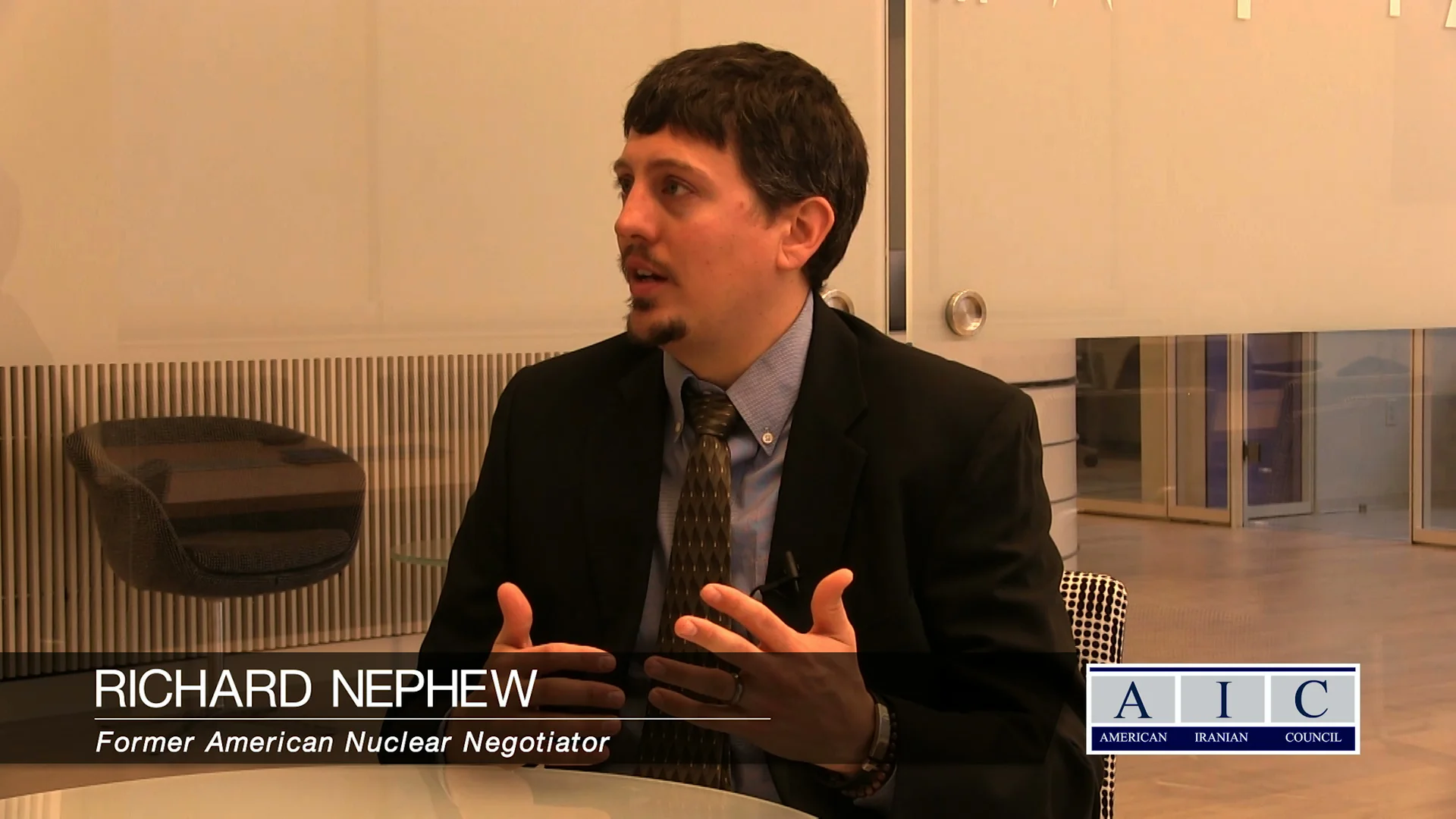Iran Chat: Richard Nephew, former American nuclear negotiator
/In this 'Iran Chat' interview with Richard Nephew, the former lead sanctions expert for the US team negotiating with Iran, AIC Director of Communications Kayvon Afshari discusses a host of issues concerning US-Iran relations, including the implementation of the nuclear accord, the recent changes to the visa waiver program, and how post-sanctions era Iran will affect global energy prices.
Read More


